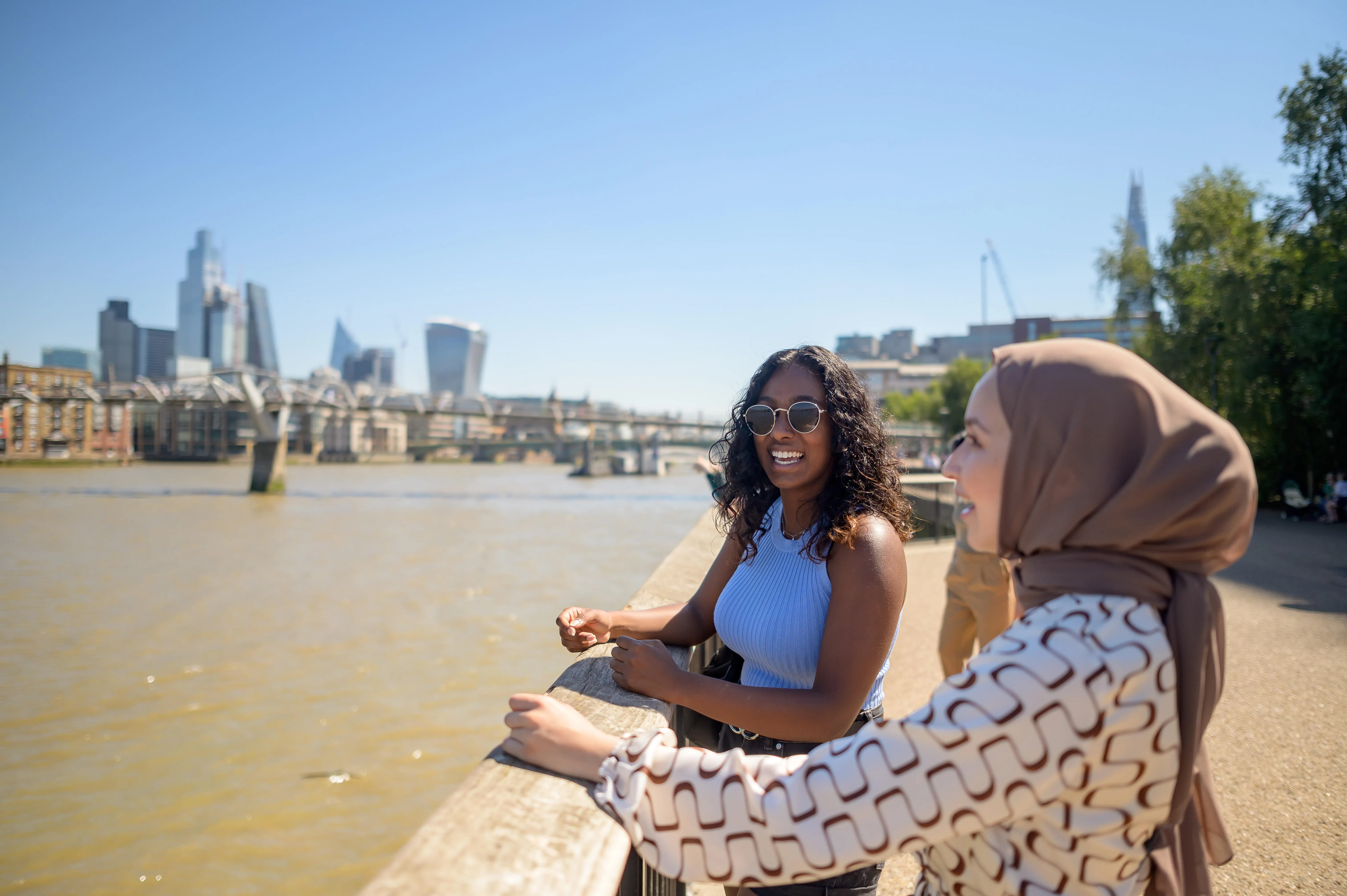Outgoing study abroad opportunities
Discover what options and destinations are available to King's students.
Whether you are a King's student looking to add an international element to your degree, or a student at an overseas university wishing to study abroad for a semester or year in London, the Global Mobility team are here to help. Our webpages contain a wealth of information on our opportunities – start your journey here!

Discover what options and destinations are available to King's students.
Information for incoming students wanting to study in London.
How to contact King's if you're interested in studying abroad.
Information for King's students & staff (King's log in required).
Discover your accommodation options and explore our residences.
Discover the range of opportunities you can get involved in at King's.
Take a guided tour of our campuses in-person or virtually online.